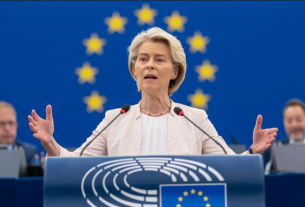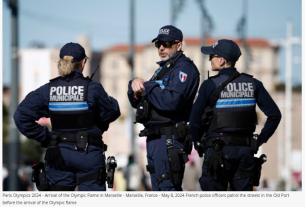The International Physicians for the Prevention of Nuclear War (IPPNW) has issued a strong call for an immediate cessation of hostilities following recent military strikes by Israel against Iranian targets. The organization emphasizes the urgent need for de-escalation and a return to diplomatic negotiations to prevent further civilian harm and regional instability.
The strikes, carried out by a state possessing nuclear weapons, raise serious concerns about the erosion of global non-proliferation norms. According to current assessments by both the International Atomic Energy Agency (IAEA) and the United States government, Iran does not have an active nuclear weapons program. IPPNW argues that military action under these circumstances risks undermining ongoing international efforts—primarily led by the United States—to reinstate and strengthen arms control mechanisms in the region.
IPPNW calls on Iran to reaffirm its commitment to the 1970 Treaty on the Non-Proliferation of Nuclear Weapons (NPT) and to maintain full compliance with IAEA safeguards. The organization also urges Tehran to re-engage in direct negotiations with the United States at the earliest opportunity.
Equally, IPPNW highlights Israel’s role as the only nuclear-armed state in the Middle East and stresses that it must contribute constructively to regional disarmament efforts. This includes active participation in negotiations to establish a Middle East Weapons of Mass Destruction-Free Zone and consideration of accession to the Treaty on the Prohibition of Nuclear Weapons (TPNW), which has already been signed by nearly 100 countries.
Beyond the immediate regional dynamics, IPPNW points to the broader failure of the five recognized nuclear-armed states under the NPT—China, France, Russia, the United Kingdom, and the United States—to fulfill their disarmament obligations. Instead, these states continue to modernize and expand their nuclear arsenals, undermining the credibility and effectiveness of the global non-proliferation regime.
A key moment of regression, according to IPPNW, was the U.S. withdrawal from the Joint Comprehensive Plan of Action (JCPOA) in 2018 under the Trump administration. That decision has contributed significantly to the deterioration of diplomatic trust and increased the risk of conflict in the region.
The organization reiterates its longstanding warning about the catastrophic humanitarian and environmental consequences of any use of nuclear weapons. Even a single detonation in a populated area would result in mass casualties, environmental devastation, and collapse of medical infrastructure. A large-scale nuclear exchange could lead to global climate disruption and widespread famine affecting billions.
IPPNW stresses that military action cannot offer a sustainable solution to nuclear proliferation risks. On the contrary, armed conflict often incentivizes states to pursue nuclear deterrents. The organization maintains that only sustained diplomacy and a verifiable commitment to nuclear disarmament can ensure long-term security and stability.
“Humanity stands closer to the brink of nuclear conflict than at any time since the Cold War,” IPPNW states. “The world cannot afford the emergence of another nuclear-armed state.”



